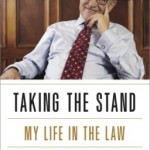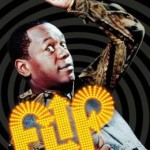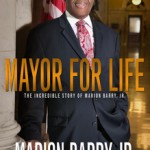
Finding Faults
The Earth moves in mysterious ways, and even once altered the flow of the Mississippi River. Conevery Bolton Valencius’ new book on Missouri’s New Madrid fault shows how those tremors spread through culture and history. Read it, and be prepared when “The Big One” next hits.”









